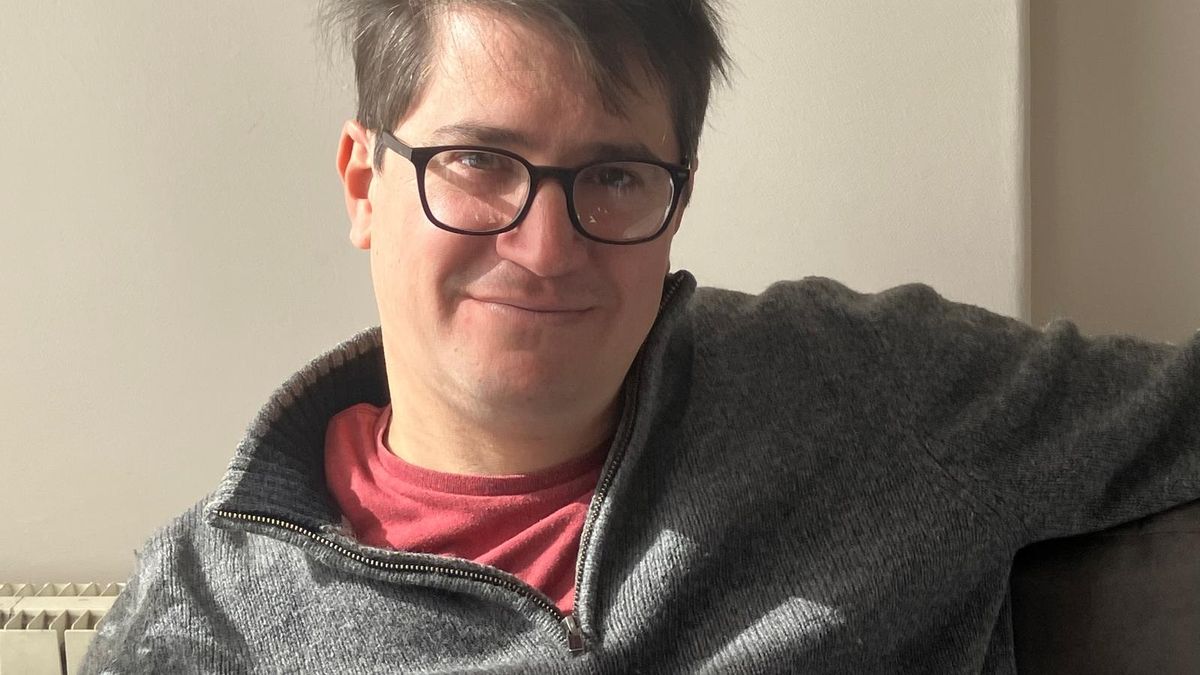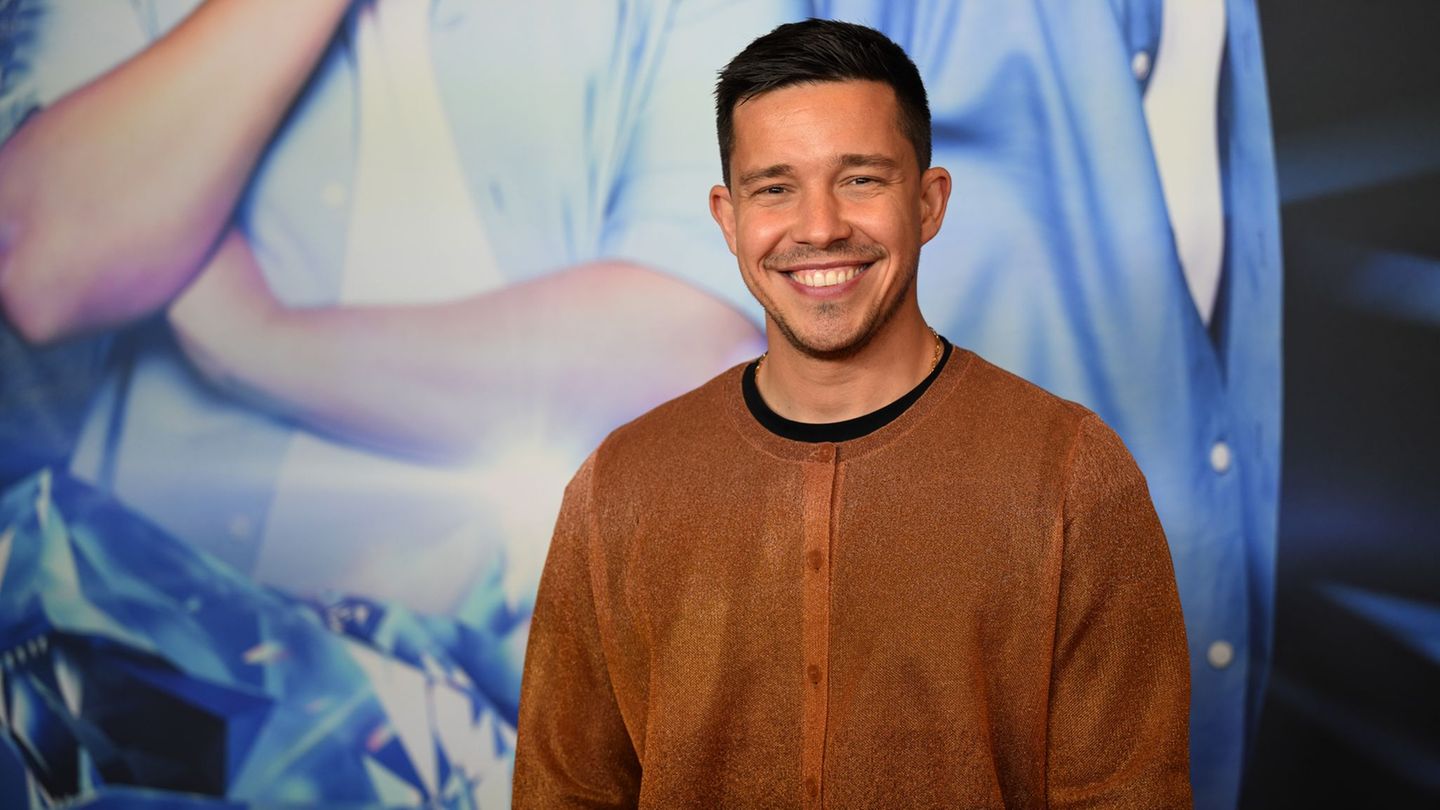At the time when justice is investigating some picket groups, the book appears “What do the picketers have in their heads?” (21st Century)rigorous research by the Argentine sociologist Mark Perezwhich was first published in the US as “Proletarian lives° (Cambridge Press). Perez He is a professor at Washington and Lee University in Virginia. We spoke with him.
Journalist: Are the picket organizations a local creation? Are there other similar ones in the world?
Marcos Perez: This appeals to the boastful “how creative we Argentines are,” but in reality it is part of a broader process with Argentine history, features and characteristics. Beyond the differences between groups and areas, what leads people to participate in the picket groups is to reconstruct a world that no longer exists. In this sense, there are similar groups in other parts of the world that went through similar situations. The rural white working class in Virginia, for example, who support and vote for Donald Trump, their struggles are similar to those of the Argentine picketers. They want to feel integrated, to achieve jobs like the ones they had before, to return to the factories. But changes have occurred in the economic structures, and their skills are no longer as valuable. They have lost those institutions that integrated them into society. What they want is to reconstruct that. In a certain sense, it is the same thing that the Argentine picketers want.
Q: What do the picket organizations offer to those who join?
MP: By bringing together people who are already fragmented, they are a bulwark against extremist radicalisation, not just from an ideological point of view. They create a space of support that allows participants to rebuild their lost lives in different ways.
Q: Is that why so many women and men become picketers?
MP: Work is more than a source of income, it organizes life, time, spaces, it offers an identity: “I can say who I am, what I do.” If you lose your job, you lose much more than income, a way of structuring life disappears, it disorganizes the relationship between the individual and the collective. An activist told me “suddenly, I became a hooligan.” Although he never stopped being poor, when he worked in the factory “I had a standard of living, it allowed me to make plans, save, build the little room in the back.” With the exclusion from work “I was sitting at home, doing nothing. I felt like I was at the bottom of the sea, I was drowning.”
Q: Did you set out to see what was true in the usual criticisms?
MP: “They block the streets and complicate the lives of others.” “They don’t want to work, they are lazy, they want to live off the State.” “They are manipulated by their leaders.” There is a great variety of stigmatizing stories. It is inevitable, a social movement is going to affect the interests of others, and it cannot help but generate conflicts. It is part of democracy. It is easy to fall into stigmatization, but the complexity of political participation is lost. Thinking that they are led by the nose and that they are violent is not only prejudiced, it is a simplification. People who participate may not agree with their leaders, as in any other political participation.
Q: What did you expect to find when you started the interviews?
MP: A movement in decline, a remnant of the 2001 crisis, and I found that it had consolidated into a group that rarely went out into the streets, but was increasingly doing more things in the neighborhoods. They had become political actors.
Q: What’s on your mind?
MP: When someone joins a social movement it is out of necessity. They have no political experience or resources, things that do not predict militancy. Many join for a while in exchange for food, a plan, a common project. Then, if they resolve unemployment, they leave. Work on the picket lines is a link in a long chain of survival strategies. Others develop an incentive to enjoy. What began as a refuge, later leads them to make sacrifices to continue in a cooperative or making food in a soup kitchen.
Q: Can the experiences of picketers teach us about the challenges facing democracies?
MP: No democracy works without a mobilized civil society. Without individuals who come together and mobilize for what they consider to be their rights. Without this, democracy does not work. Democracy is not the absence of conflict but the establishment of rules, of the way in which that conflict is processed. Political participation is central to survival. One of the strengths of Argentine democracy is having a very active civil society. In any society where there is freedom of association and expression, people will mobilize for their rights. And any political project that seeks to destabilize this weakens the pillars of democracy.
Q: Your book tells life stories in a few words. Do you remember any of them?
MP: Lots. The challenge of this type of methodology based on interviews, talks, field work, is that a statistic is not going to make you laugh or cry. Lázaro was a hooligan in the time of Abuelo, when La Doce was very heavy. On Saturdays he worked in La Matanza, on Sundays in La Bombonera. “It was a world of drugs, fights, a lot of people ended up in jail, there is none of that here.” Big, fat, covered in tattoos. “There is love here, they take care of you here,” he tells me. It pisses me off when people call me lazy, because it happened to me working in a cooperative, painting a school, cleaning a street, in anything and so now we can eat with my mother. Everything the movement gave me I earned with effort. What it gives you is not an act of charity, you earn it. Beyond what Lázaro says, the participants and activists demand genuine work, with a salary, social security, a union, recreation, retirement, even if that means many sacrifices.
Q: What are you up to now?
MP: On the repression in Jujuy. Why was it so popular, even for people who had benefited from Tupac Amaru? What made the repression end up having the support of the people? In my work I seek to shed light on processes that are complex.
Source: Ambito
I am an author and journalist who has worked in the entertainment industry for over a decade. I currently work as a news editor at a major news website, and my focus is on covering the latest trends in entertainment. I also write occasional pieces for other outlets, and have authored two books about the entertainment industry.




